EBA’s DPM 3.3 to apply from December 2023
- August 16, 2023
- 3 minutes
In June 2023, the European Banking Authority (EBA) published the technical package for phase 1 of version 3.3 of its reporting framework.
A month later in July, the EBA published the technical package for phase 2 of 3.3 reporting framework. The technical package provides standard specifications and includes the validation rules, the Data Point Model (DPM) and the XBRL taxonomies for this phase of version 3.3.
Access the technical documents here.
The modifications are impacting reporting by credit institutions, investment firms, management companies, custodians and authorized alternative investment fund managers.
The EBA reporting framework release 3.3 consists of three packages and includes the following new and amended reporting requirements:
Data hub project for Pillar 3 disclosures commences
Expected first reference date: December 2023
Integration of a subset of Pillar 3 disclosure templates in preparation for the Pilot of the Pillar 3 Data hub project. Only a small number of institutions are included in the pilot.
As mentioned in EBA’s Work Programme for 2023, the mandate for the EBA to establish a Pillar 3 data hub determined by the Capital Requirements Regulation (CRR 3) proposal and also anticipated on EBA’s Pillar 3 roadmap published in 2019, which will centralize public prudential disclosures for all EU institutions, in order to further promote comparability of public prudential information and market discipline and facilitate compliance with Pillar 3 requirements by smaller institutions. Further, the EBA Pillar 3 hub is expected to connect to ESAP (European Single Access Point) which covers all company disclosures.
XBRL reporting format for ESG Pillar 3 disclosures
Expected first reference date: December 2023
The reporting of Environmental, Social and Governance (ESG) data has been integrated into the DPM and taxonomy. Reporting in the XBRL format beings as from 31 December 2023 data on an ad hoc basis and concerns significant credit institutions.
The data belonging to the ad hoc reporting scope correspond in terms of content to the ESG disclosures under Pillar 3. This new XBRL reporting is more than a technical reporting format. It’s envisaged that standardization and quality of Pillar 3 information will be fostered by ensuring consistency and integration between Pillar 3 and supervisory reporting data.
After the entry into force of the Capital Requirements Regulation (CRR 3), ESG reporting will be extended to other credit institutions as well.
Intermediate EU parent undertakings (IPU)
Expected first reference date: December 2023
In the DPM 3.3 version, the integration of EU IPU into the DPM and XBRL taxonomies has been made.
Supervisory Benchmarking
Expected first reference date: September 2023
Phase 2 of version 3.3 consists of the technical package supporting the supervisory benchmarking exercise 2024 (end-2023 data).
The package includes the new market risk and IFRS9 templates, and other amendments to the Supervisory Benchmarking Portfolios framework, as specified in the amending Implementing Technical Standards (ITS) for the 2024 benchmarking exercise.
Providing our validation and reporting tool for EBA regulatory reporting, ATOME Particles, we know that our Customers can have confidence – especially when short on time to prepare, detect and correct errors for ultimate compliance.
We consistently track the latest updates and new reporting requirements introduced by EBA, European Insurance and Occupational Pensions Authority (EIOPA), Single Resolution Board (SRB) and other authorities, to comprehensively reflect them, including new or revised validation rules for reporting standards, in our ATOME tool. By taking the heavy lifting out of your reporting management and performing data validation of your XBRL reports – the tool ensures that data is accurate and correctly reported in a timely and cost-efficient manner.

Book a meeting with our experts to see ATOME Particles in action and get more information on how it can assist your reporting needs.


